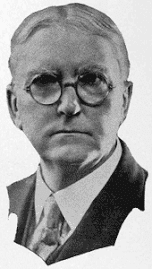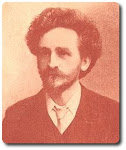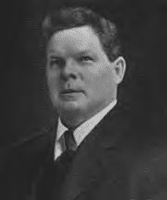Gettysburg Times - Apr 8, 1926
THE POWER OF THE MIND
By GEORGE MATTHEW ADAMS
The wisest man now living will never know but a portion of the mystery of the mind.
What a vital organ it is! Life is a blank without its perfect health. How it shapes all the ways and means of human activity.
There seems to be no limit to what the mind may achieve. What a spectacle when a strong man stands forth with a great idea or an unusual purpose and asserts the power of his mind. Who can withstand a determined mind that is working for a good beyond the little aims of self?
Hearsay, an article in a paper, or simply something merely imagined, may color and cloud the mind so that it affects the entire working of the body machine. It is possible for the man with little faith to pound away at the man of great faith until his faith is undermined.
How far a little kindness or encouragement goes!
There is nothing more cruel than to pour fresh discouragement upon the one already discouraged.
I have a friend who could not sleep all night because of something heard during the evening that savored of bad news. Later there were those who disabled the mind of my friend, encouraged him and proved to him that what he had heard was without foundation.
But the damage had been done.
If you cannot make your friend happy by what you have to say, say nothing. He power of the mind to bring beauty, strength, ambition, and a chance of heart to another, is one of its greatest blessings of the Creator.
Cheerful thoughts, dreamings, and noble desires make the mind more powerful. This mind is the greatest weapon we have for the guarding of our happiness.
Be careful what you say to others. It is possible for you to guide many life by the strength of your faith and the courage of your convictions, and to uphold a faltering spirit that has been poisoned by the whisperings of some stampeded person.
Always stand your ground and remember that there is no proof that the other fellow has a more powerful mind than you have. Nothing is powerful that doesn't get that way through use.







